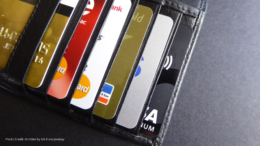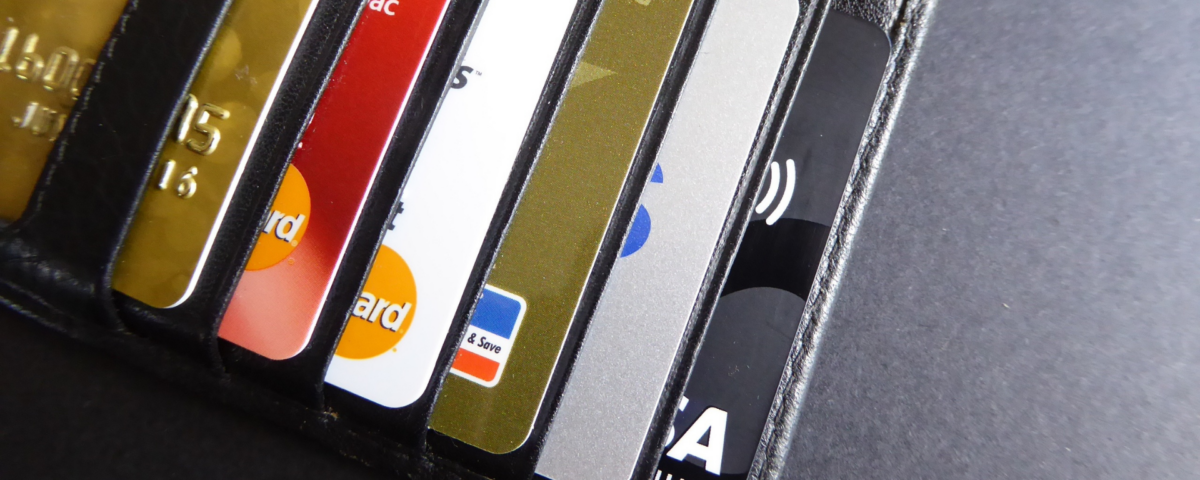A movement on social media is urging Australians to boycott digital payments and instead opt for cash as a form of protest. Organised by the Cash is King Facebook group, the protest seeks to demonstrate to Australia’s banks and retailers the continued importance of cash in our society. However, the plan has raised concerns due to a significant decline in the availability of ATMs and bank branches for cash withdrawals.
“Good luck in finding a bank to go to. Most of the suburban bank branches have closed down and not everyone’s got the time to travel to on that is open and if they have it it’s probably miles away,” one commenter wrote on Facebook.
Amidst the decline in cash usage, Armaguard, Australia’s sole cash-in-transit business, is on the brink of collapse, prompting a cash protest. According to data from the Reserve Bank of Australia (RBA), the use of cash for purchases has significantly declined over the years. In 2010, cash accounted for over 60 per cent of transactions, while in 2022, it dropped to a mere 13 per cent.
The owner of Armaguard, Linfox, has provided assurance for the company’s continuity. This has led Coles, the supermarket giant, to temporarily halt all Armaguard delivery services. Coles fears that if the company goes into administration, its funds could become stuck on Armaguard trucks.
Due to recent developments, Coles staff have received a warning about the possibility of temporarily transitioning to card-only sales during the Easter weekend. Leading retailers, Australia Post, and major banks are currently in urgent discussions to secure a funding agreement to support the Armaguard cash delivery service, which is facing significant challenges.
The RBA, involved in regulating the payments industry and responsible for printing money, is also participating in the crisis talks. Over the past few years, an increasing number of Australian businesses have transitioned to operating without cash.
In a recent incident, the Parliament House staff dining room denied Queensland MP Bob Katter entry. This occurred in February of this year when he attempted to pay for his meal using a $50 note.
Last year, Macquarie Bank made an announcement to gradually eliminate cash from its branches by 2024. Meanwhile, certain banks have faced backlash for implementing cashless policies in some branches and discouraging cash deposits and withdrawals in others.
Several establishments, including Nandos and certain KFC restaurants, made the decision to no longer accept cash in 2020. Additionally, major entertainment venues like the MCG, SGC, and Sydney’s Allianz Stadium have also adopted a cashless approach.
Hamilton Island, a popular tourist destination, has embraced a cashless system. Bars, restaurants, shops, and attractions on the island no longer accept cash. In Australia, businesses have the legal right to decline cash payments as long as they notify consumers of their policy before entering into any agreement for the provision of goods or services.
This article was also published on Public Spectrum.
Post Views: 176
Justin Lavadia is a content producer and editor at Public Spectrum with a diverse writing background spanning various niches and formats. With a wealth of experience, he brings clarity and concise communication to digital content. His expertise lies in crafting engaging content and delivering impactful narratives that resonate with readers.






























